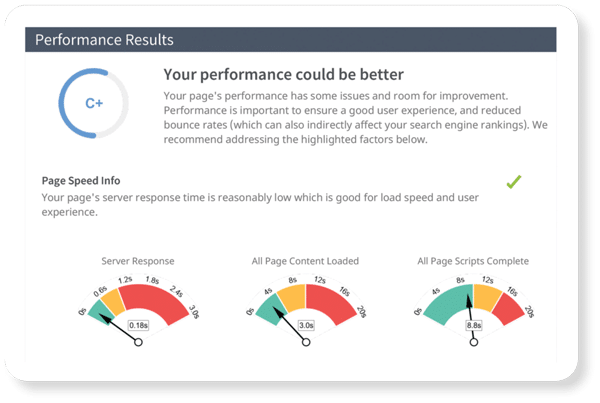As Google pushes paid search up higher on search results, seemingly by the day, it’s tempting to think that organic search is a waste of time. This can particularly be true on mobile search, where organic results can be buried below three or four paid search results. But that’s a bad idea. Organic search visits are down, but that’s probably simply due to Google’s ongoing push for paid search. Here are some reasons to stick with organic search to continue to grow the traffic to your site.
Mediative, a Montreal-based marketing agency, did a study this spring on organic versus paid search on mobile devices and here are three interesting points it found.
Organic search still pulls better
The study found that users click on the first organic result 73% more than the first two paid results together. You read that right, 73% more than both of the first two paid results combined. The study notes that users see the paid results, but simply start scrolling past them down to the organic results.
Going further down this road, the top organic listing gets more than twice as many clicks as the top paid result.
You want to be in the top four results
OK, so the Mediative study found that mobile users still value organic results over paid search. But it only goes so far — four deep, to be precise. The study found that mobile searchers don’t go beyond the fourth listing in organic search. This behavior is higher on mobile devices than desktop, 92% to 84% don’t look past the fourth organic listing.
Again, this is likely a result of Google’s pushing paid search to the top. Now mobile searchers already have to scroll down to get to the organic results, but to go beyond the fourth listing is too much work.
This makes it paramount that your practice gets into those top four listings.
Mobile users aren’t necessarily looking for brands
While the Mediative study showed the rise of paid search in user interaction, it showed the value of organic search even when it comes to brands. The study found that when the mobile user wasn’t looking for a brand, say something like Best Buy, they clicked on the top sponsored ad only 8% of the time. Instead, 56% of them opted for the first organic result, as it didn’t have a specific brand associated with it. This could be especially relevant for practices, where, for the most part, there aren’t any “brands.”
Mobile SEO makes a difference
OK, so paid search is rising, mostly because Google is pushing it to the top. But optimization efforts can directly boost your mobile organic results. These are the areas that need to be focused upon when optimizing mobile search:
- Focus on core ranking
- Fix mobile-friendly errors
- Research mobile keywords and supply content
- App store optimization
- App indexing
- AMP (Accelerated Mobile Pages)
In the end, Google has forced paid search higher for the simple reason that it makes more money from paid search. The kneejerk reaction to that could be to dump your organic search engine optimization efforts. But the above reasons question that line of thinking. It’s the combination of organic and paid search that still delivers the goods, especially the quality of the traffic, and will continue to for the foreseeable future.
If you have questions about mobile search and how we’re optimizing it for your practice, call your MyAdvice digital marketing team. We’d be happy to discuss your strategy!


